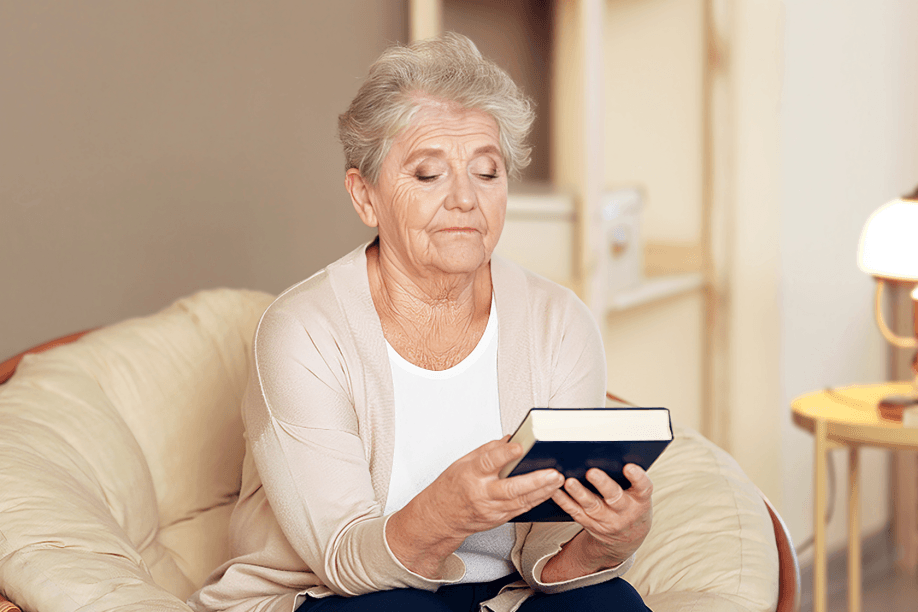
“
The impact of spirituality on end-of-life care plays a vital role in how elderly individuals experience their final days. This connection often shapes how patients, families, and care teams approach decisions and coping mechanisms, highlighting the importance of honoring spiritual needs in end-of-life care.1
1
”
Physicians recognize that addressing spiritual needs in end-of-life care improves patients’ emotional peace, reducing anxiety and enhancing overall quality of life during the final stages of illness. 1
Philosopher Søren Kierkegaard emphasized that spiritual reflection at life’s end fosters acceptance and meaning, helping individuals reconcile with their mortality in a profound, personal way. 2

Many seniors find that engaging in spiritual rituals such as prayer or meditation alleviates feelings of loneliness and despair, providing a deep sense of connection to something greater than themselves.
Spiritual care can help ease symptoms of grief and depression by fostering a sense of purpose beyond physical pain, helping patients find peace and comfort in their remaining time. 3
Families often report higher satisfaction with end-of-life care when their loved one’s spiritual beliefs are respected, which helps create an environment of trust and emotional support. 4
Spirituality has been shown to reduce patients’ perception of pain, suggesting that faith and inner peace can influence how physical discomfort is experienced during serious illness. 5
Encouraging forgiveness and reconciliation through spiritual care helps resolve strained family relationships, bringing peace to both patients and their loved ones during difficult final moments. 6
Many older adults want healthcare providers to understand and respect their spiritual beliefs, highlighting the need for open, compassionate communication about spiritual concerns in care planning. 7
Spirituality plays a key role in honoring cultural and religious diversity, allowing care teams to tailor end-of-life support to align with patients’ individual traditions and values. 8
Accepting death as a natural life process is often easier for patients who draw strength from spirituality, helping them approach the end of life with dignity and calm. 9

Practices like mindfulness, meditation, and contemplative prayer improve emotional regulation, enabling elderly patients to better manage stress, fear, and uncertainty during their final days.
Healthcare providers trained in spiritual care often observe greater patient trust and cooperation, which can improve overall care outcomes in end-of-life situations. 10
Spirituality supports legacy-building activities such as storytelling or rituals, allowing patients to feel their life had lasting significance and encouraging meaningful connections with family. 11
Spiritual care also benefits caregivers by providing them with tools for emotional resilience and coping, reducing their stress while caring for loved ones during the end of life. 12
Elderly individuals with strong spiritual beliefs frequently report experiencing inner peace that helps counter feelings of fear, loneliness, and helplessness when facing terminal illness. 13

Older adults with strong spiritual connections often have higher life satisfaction and greater emotional strength, even while managing severe health challenges during their final months.
Routine spiritual assessments during end-of-life care improve healthcare teams’ understanding of patients’ needs, allowing more personalized, compassionate support that addresses both mind and spirit. 14
Open discussions about spirituality encourage patients to express their fears, hopes, and regrets, which fosters emotional clarity, acceptance, and peace in the face of death. 15
Philosopher Martin Heidegger believed that confronting mortality with spiritual awareness leads to authentic living and genuine self-understanding, helping individuals find meaning in life’s final phase. 16
Doctors report that when spirituality is honored in end-of-life care, patients often experience better pain control and emotional comfort, which contributes significantly to a more peaceful dying process. 17


